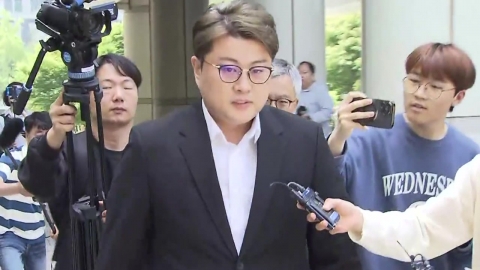In the U.S. bond market last week, government bond rates rose sharply on the 6th, when Trump's presidential victory was confirmed, and then fell again quickly over the next two days.
In terms of the week, it is down rather than at the beginning of the week.
Financial companies such as BlackRock, JPMorgan Chase and TCW are pointing out that instability in the bond market is not over yet.
Trump's election is expected to result in tax cuts and large tariffs in the future, which will raise import costs and stimulate the economy, raising the risk of inflation lifting its head again.
Trump's policy is also expected to significantly increase the federal fiscal deficit, raising the possibility of an increase in the supply of new government bonds and a subsequent rise in interest rates.
"As interest rates inevitably rise in the bond market, they are likely to make us realize the growing fiscal deficit," said Janet Lilling, senior portfolio manager at Allspring Global Investments.
At the same time, it predicted that the yield on 10-year government bonds could rise again to a peak of 5% at the end of last year.
On the contrary, some argue that Trump's pledges are already reflected in current bond rates.
It's unclear what policies Trump will come up with in the future, and investors have been betting on Trump's victory long before the presidential election, so they've shaped the price now.
The Fed's expectations for a rate cut in the future have been greatly reduced.
Interest rate futures investors expected the Fed's benchmark rate to be 4% by mid-2025.
This is 1 percentage point higher than expected in September.
Some point out that economic indicators coming out this week, particularly the consumer and producer price index, may trigger new volatility.
※ 'Your report becomes news'
[Kakao Talk] YTN Search and Add Channel
[Phone] 02-398-8585
[Mail] social@ytn.co.kr
[Copyright holder (c) YTN Unauthorized reproduction, redistribution and use of AI data prohibited]





![[Y Review] Blind paternal love in occult mask..."Three Days" is rich without charm.](https://image.ytn.co.kr/general/jpg/2024/1113/202411131701444072_h.jpg)
![[Site Y] "No retirement performance, 20 more years..." Lee Moon-se, New Start of Passion](https://image.ytn.co.kr/general/jpg/2024/1113/202411131629474286_h.jpg)


